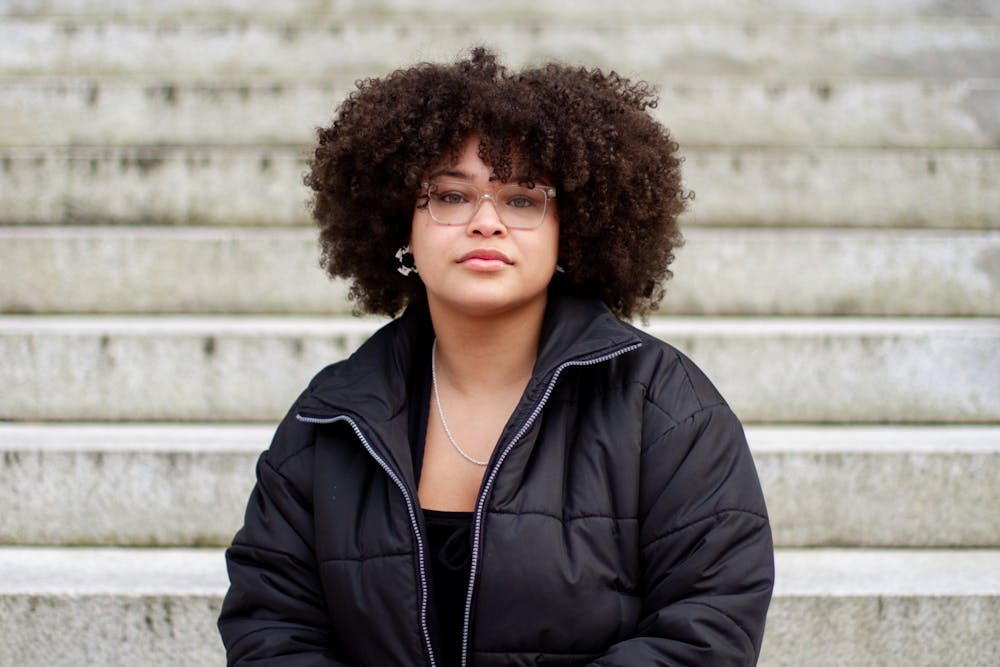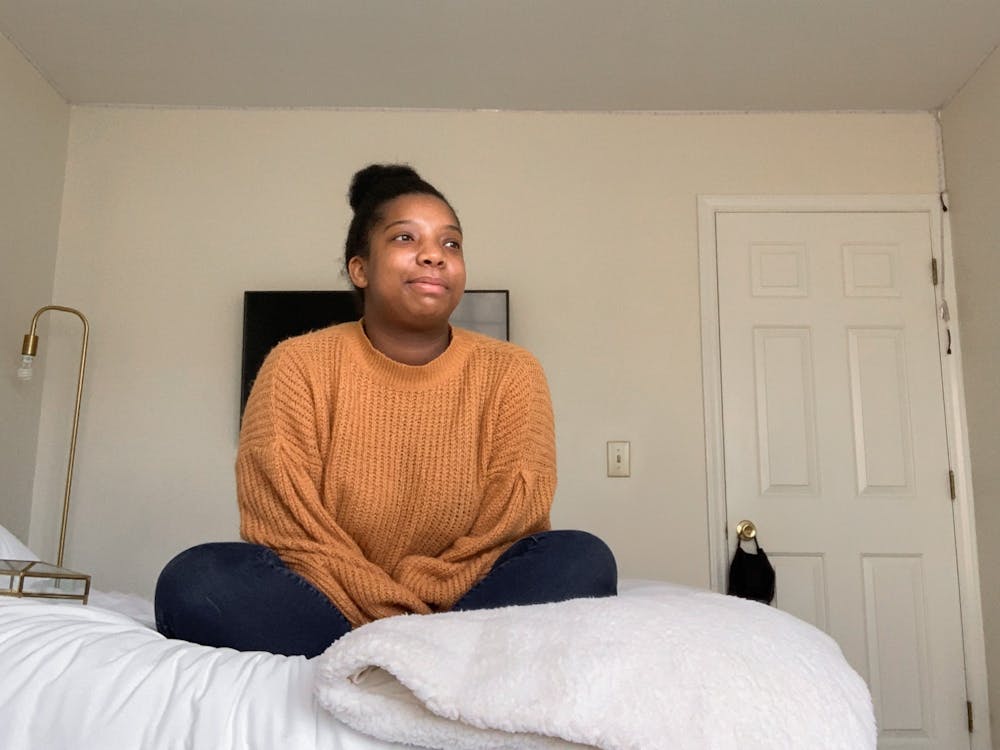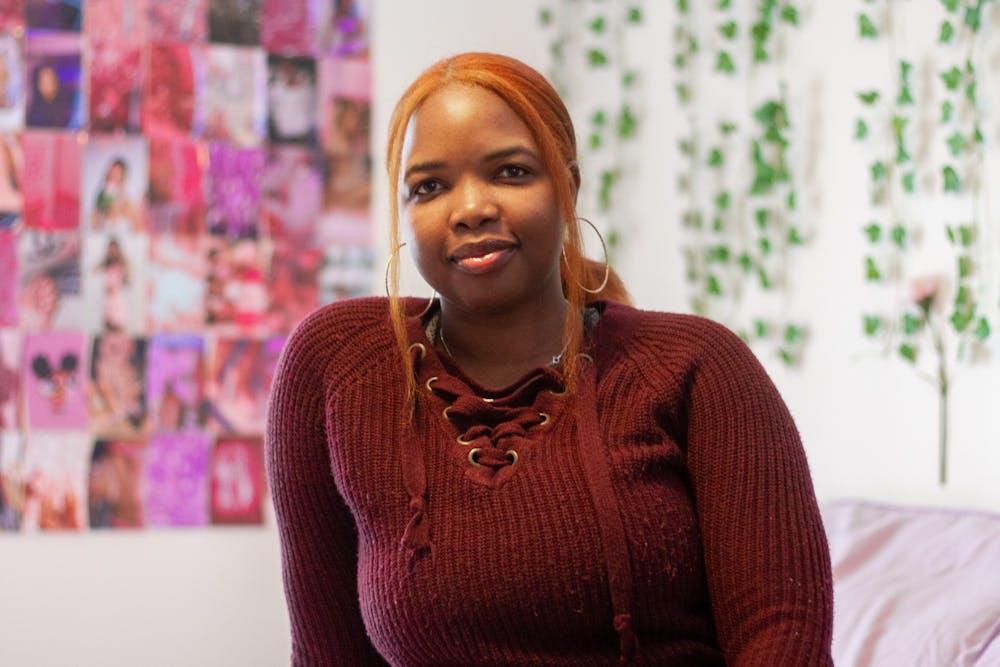For many years there were stigmas surrounding seeking mental health support in communities of color. Now that people of color are searching for resources, they are having trouble finding it.
Karly Smith, a senior studying sociology and co-chairperson for P.E.A.C.E, a Black-centered mental health student organization, said economic constraints and finding professionals that share their identities make seeking help difficult.
“In communities of color, there's a lack of health insurance and access to being able to find a therapist that you can identify with, and with all those different barriers, it can be really hard," Smith said.
Ayah Eltayeb, a sophomore studying psychology, believes there needs to be more therapists that people of color can relate to in order for them to seek help.
“I would love to see more therapists and other therapists of color,” she said. “I think that is a huge first step to feel as though you have some sort of kinship with your therapist, and you guys view each other as more than just clients, but rather like people.”
In September of 2020, Counseling and Psychological Services (CAPS) launched a program that would do just that. The Multicultural Health Program (MCHP), a program co-facilitated by Erinn Scott and Cherish Williams, two Black female psychologists at CAPS, serves Black, Indigenous and other students of color. MCHP features four Black female therapists that students can request to work with.
“The main goal of MCHP program is to be forward facing, to go into student groups and organizations, doing outreach and being present in student meetings,” Scott said. “We want you all to know that if and when you're ready to start seeking support, CAPS is here and here's the program that we have for you.”
MCHP offers Black and brown students four opportunities: group therapy, brief therapy, outreach events and liaison relationships between students and CAPS mental health providers. MCHP has partnerships with minority student groups and organizations, including the American Indian Center, Carolina Firsts and the Carolina Covenant Scholars offices.
“We value that connectedness and that sort of interdependence that we know Black and brown communities have,” Scott said. “So, it's important for us to ask permission to come into those spaces.”





